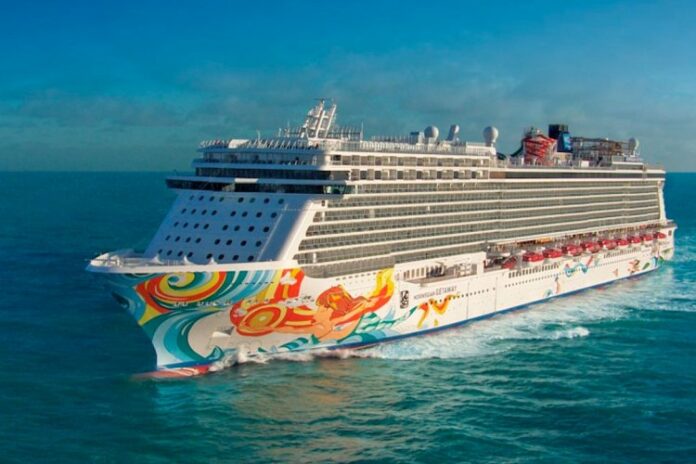ABB and Norwegian Cruise Line Holdings (NCLH) have signed a long-term partnership agreement to accelerate the decarbonization and digitalization of the Norwegian Cruise Line (NCL) fleet. Targeting increased safety and efficiency, the agreement covers 14 existing ships and a further four vessels due for delivery from 2025 to 2028.
The first phase of the partnership includes a 10-year Azipod® propulsion service agreement for the fleet, providing efficient preventive maintenance to support safety and maximize vessel availability as well as fast turnaround for planned Azipod® propulsion maintenance. In addition, ABB will supply modernization of the propulsion control system for 11 vessels, and shore connection installations on board four ships. With these planned installations the entire NCL fleet can connect to shoreside power supply for emissions-free operations while in port.
“We are pleased to solidify our long-term collaboration with ABB in a strategic partnership that aligns with our climate action strategy, centered as it is on the pillars of efficiency, innovation and collaboration,” said Patrik Dahlgren, Executive Vice President, Vessel Operations, Norwegian Cruise Line Holdings. “With ABB’s support, we will accelerate the decarbonization and digitalization of our fleet, taking our operations another step forward towards a sustainable future.”
“Norwegian Cruise Line Holdings is a highly valued partner of ABB, and this agreement reaffirms the strong collaboration between our companies. We are pleased to continue our collaboration and see our solutions and services playing an integral role in the modernization of their growing cruise fleet,” said Juha Koskela, Division President, ABB Marine & Ports. “Through this collaboration, we will help NCLH to achieve safer and more efficient vessel operations while, more broadly, contributing to maritime decarbonization.”



